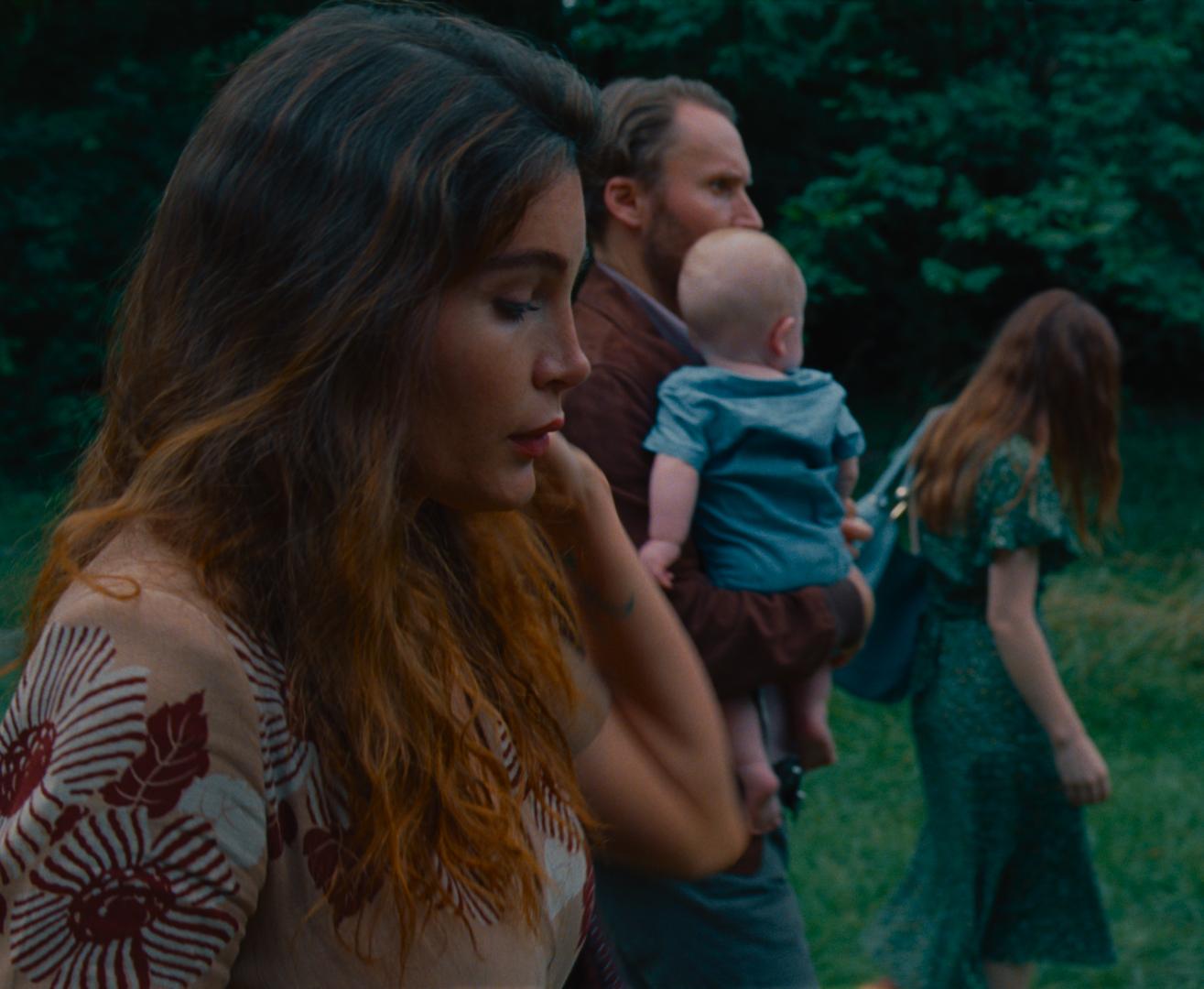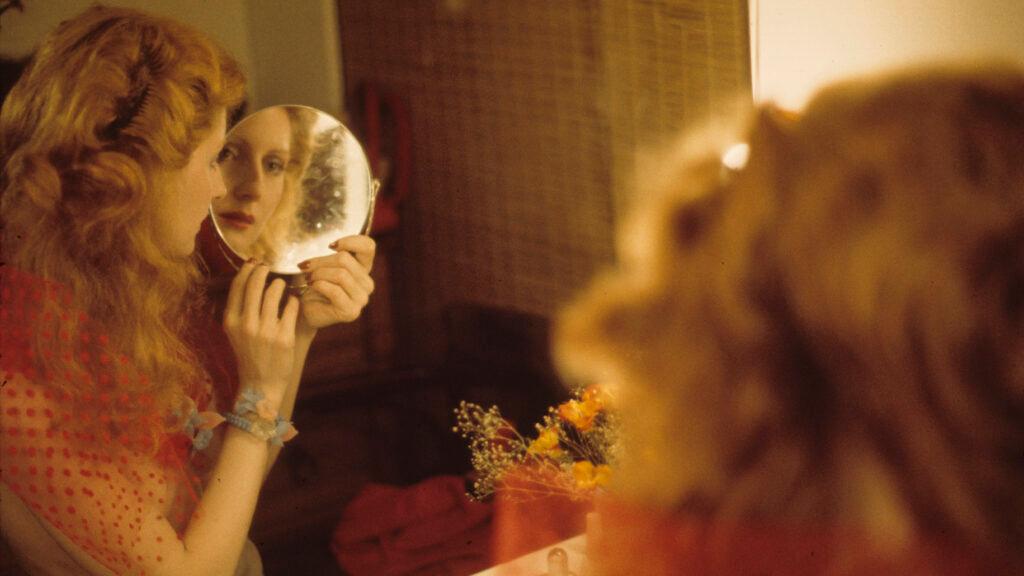
This week marks the return of a film festival from the Denver Film Society featuring work by and about women: The Women + Film Festival.
For Ambriehl Turrentine, her work as programming manager for the Denver Film Society is a labor of love. Each day, she says, is different. When the Women + Film Festival comes around, for instance, Turrentine says the focus is on storytelling … and community.
“I just like stories that are memorable, but ones that I think foster conversation beyond the film itself,” Turrentine said. “Ones that people can leave and say, ‘Oh, I didn't know that’, or ‘I would like to learn more about that subject,’ or ‘How do I get involved with this particular topic?’”
One of the unique aspects of a film festival is the chance to meet filmmakers and get insight into their work — directly from them. Some filmmakers expected to attend the Women + Film events this year are the director of “Plan C,” Tracy Droz Tragos; “The Disappearance of Shere Hite” Director Nicole Newnham; and Trace Lysette from “Monica.”
Lysette, who has starred in “Transparent“ as well as the JLo film “Hustlers,” stars alongside Patricia Clarkson in “Monica” and is also an executive producer on the film. It follows a woman returning home after 20 years to care for her elderly mother. The film debuted at the Venice Film Festival to an 11-minute standing ovation. Monica is a poignant study with little dialogue, which often meant Lysette was tapping into a different set of acting muscles.
“Because so much of it was not dialogue-based, I had to constantly pour my heart out, even in the scenes where there was nothing being said,” Lysette said.
Sharing the film at festivals like Women + Film is a critical part of the work for each filmmaker, and for Lysette, there is an added layer. She said she hopes her work helps audiences see they can dream.
“I hope that they see bits of themselves in me,” Lysette said. “I know that like it's been a journey and that the glam is great, but it wouldn't have any longevity I don't think, if I hadn't invested in the craft. And, the less superficial part of my job, which is the important part, which is connecting to the heart and knowing that this existence, especially our trans existence, is more than the exterior.”
Lysette described the accolades her film received at the world premiere in Venice as beautiful and heavy.
“It was just like a rollercoaster of emotion for me. because I think the prestige attached to Venice and the glam of it all is just such a far cry from where I come from, where my roots are,” Lysette said. “And I was having all these emotions just flood my memory, and, you know, just the journey of a trans woman from where I come from and then to end up on the oldest stage in cinema was just like, ‘How did I get here?’”

Director Nicole Newnham, known for the Oscar-nominated movie “Crip Camp,” will also be at the festival to show her latest documentary, “The Disappearance of Shere Hite,” which explores the author's work, “The Hite Report,” and the discoveries that upended American gender and sexuality discussions.
Newnham said she was inspired to make the film after reading Shere Hite’s obituary in the New York Times.
“And it had a kind of startling, intriguing headline, which was: Shere Hite, she described how women orgasm and she was hated for it,” Newnham said. “All of a sudden all of these memories started flooding back to me because I had read The Hite Report, her bestselling landmark book. That sort of like landed like a bomb in our culture …. I was not aware of that, but what I was aware of is that I found it in my mom's nightstand and I opened it up and it welcomed me into a whole world of women's sexuality that just wasn't being discussed or talked about.”
Newnham says there were a lot of amazing people who came together to help make this film possible and it was really important for them to bring it into the festival circuit and to make it independently “because we wanted to be able to make the kind of film that we wanted to make.
She also reflected on words Hite said herself.
“[O]ne thing she said that I loved is part of the reason I suffered so much and people attack me so much is because I connect sex to politics,” Newnham said. “So we wanted to be able to make a film that connected sex to politics in the way that Shere believed they were connected.”
For Festival Programming Manager Turrentine, the films are just one part of how the festival builds community among women locally and wider. “I guess the ultimate thing I wanna get to is solidarity …. I think a lot of our films speak to the idea of solidarity. I think just in my existence, that's what I strive for, is strive to bring people together.”
The Denver Film Society’s Women + Film Festival includes 11 feature films and a shorts program and opens with “Judy Blume Forever” on April 13.









